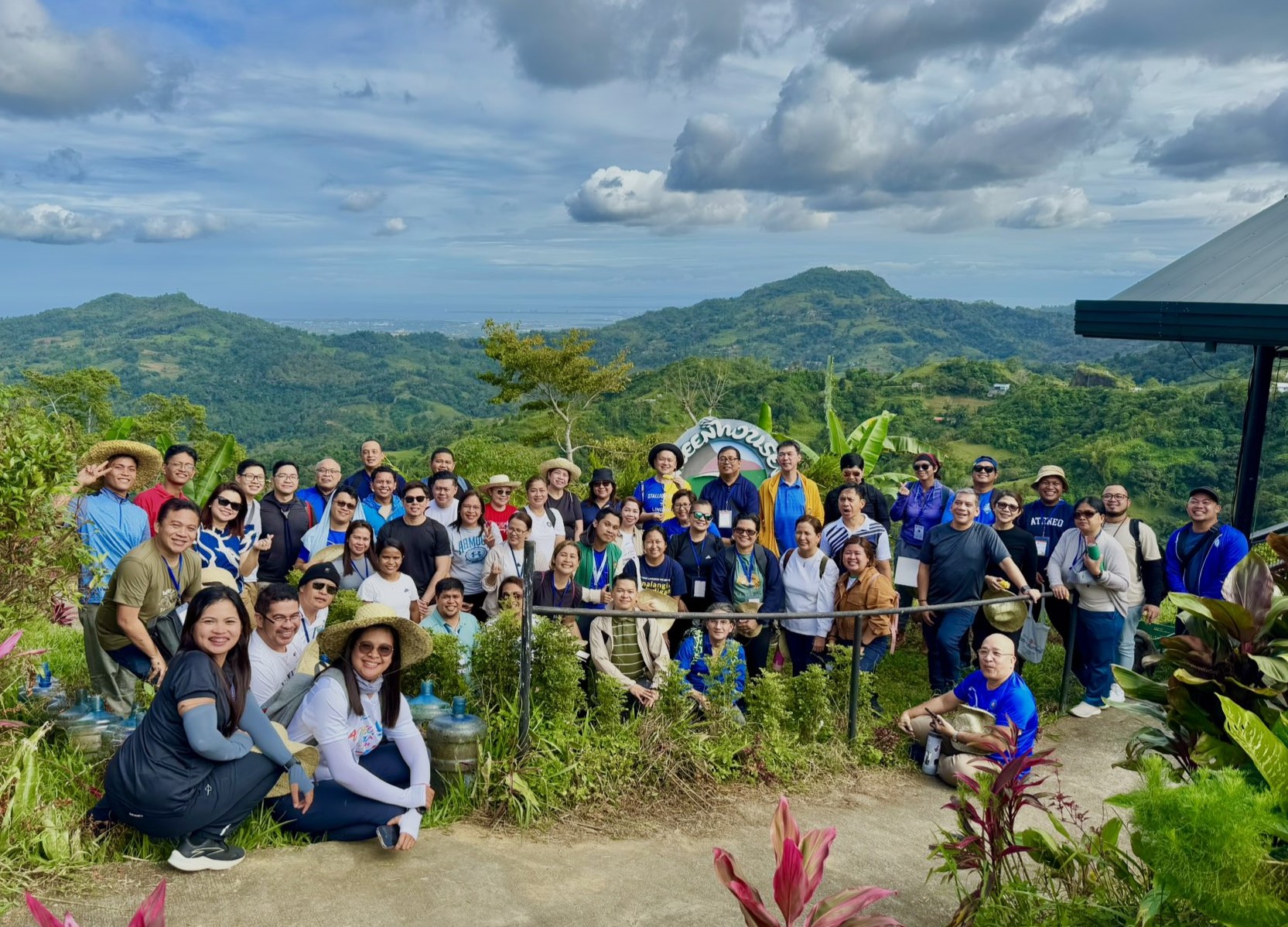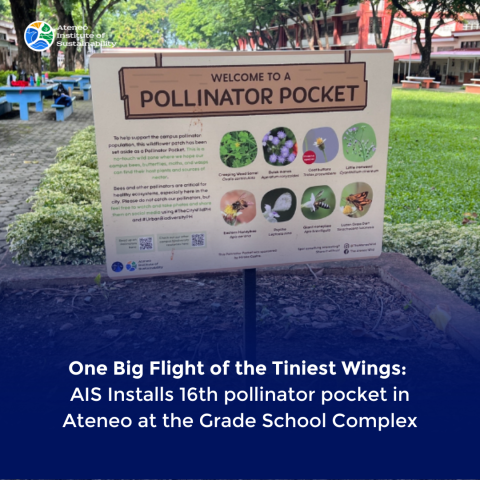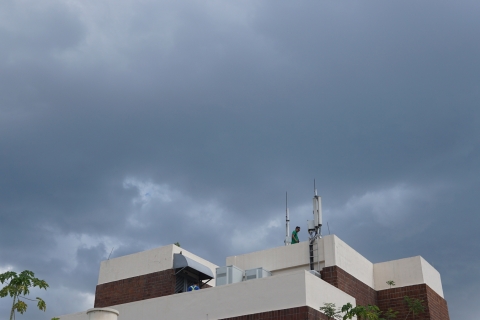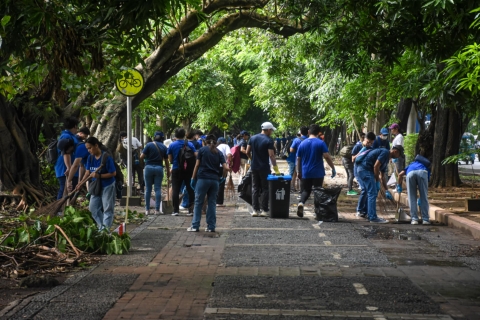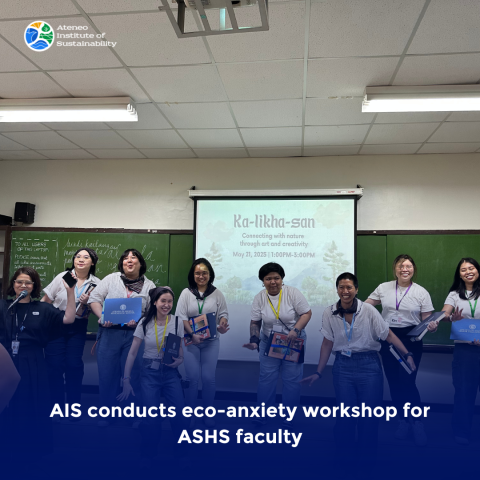Jesuit Schools EcoSummit 2025: Toward achieving ecological conversion
01 Mar 2025 | Jomell Caramancion
There are 11 Jesuit schools in the Philippines, each with its own identity, mission, vision, and context. Uniting these schools are the shared, core principles of Jesuit education which their respective graduates must embody.
Efforts to align these values are constantly present in the various agenda of the Society of Jesus’ Philippine Province. Just last year, the Jesuit Schools Eco-Summit, headed by Fr. Gabriel Lamug Nanawa SJ, Province Assistant for Ecological Justice, was inaugurated in response to Pope Francis’ encyclical letter, the Laudato ‘Si.
The summit was guided by the following objectives:
1. To share best practices. Doing so will hopefully accelerate the progress of challenging programs which others have successfully overcome. A collaborative network among the schools could also be formed to facilitate the interchange of ideas, experiences, and support.
2. To emphasize the Universal Apostolic Preference (UAP) on Caring for our Common Home. As stated in the latest De Statu report, this area is the least explored among the four (4) UAPs. The summit also aims to reinforce the consolidation of the four UAPs and involve the poor and the youth in ecological programs within the context of Ignatian spirituality.
3. To arrive at a common vision for the ecological programs and interventions of the various Jesuit high schools, one that is centered around ecological conversion.
The Ateneo de Manila University, through its Basic Education cluster, has been an active participant in this endeavor, sending representatives from the Junior and Senior High Schools. All summit representatives came from Basic Education, the common starting point for ecological education among Jesuit schools in the Philippines.
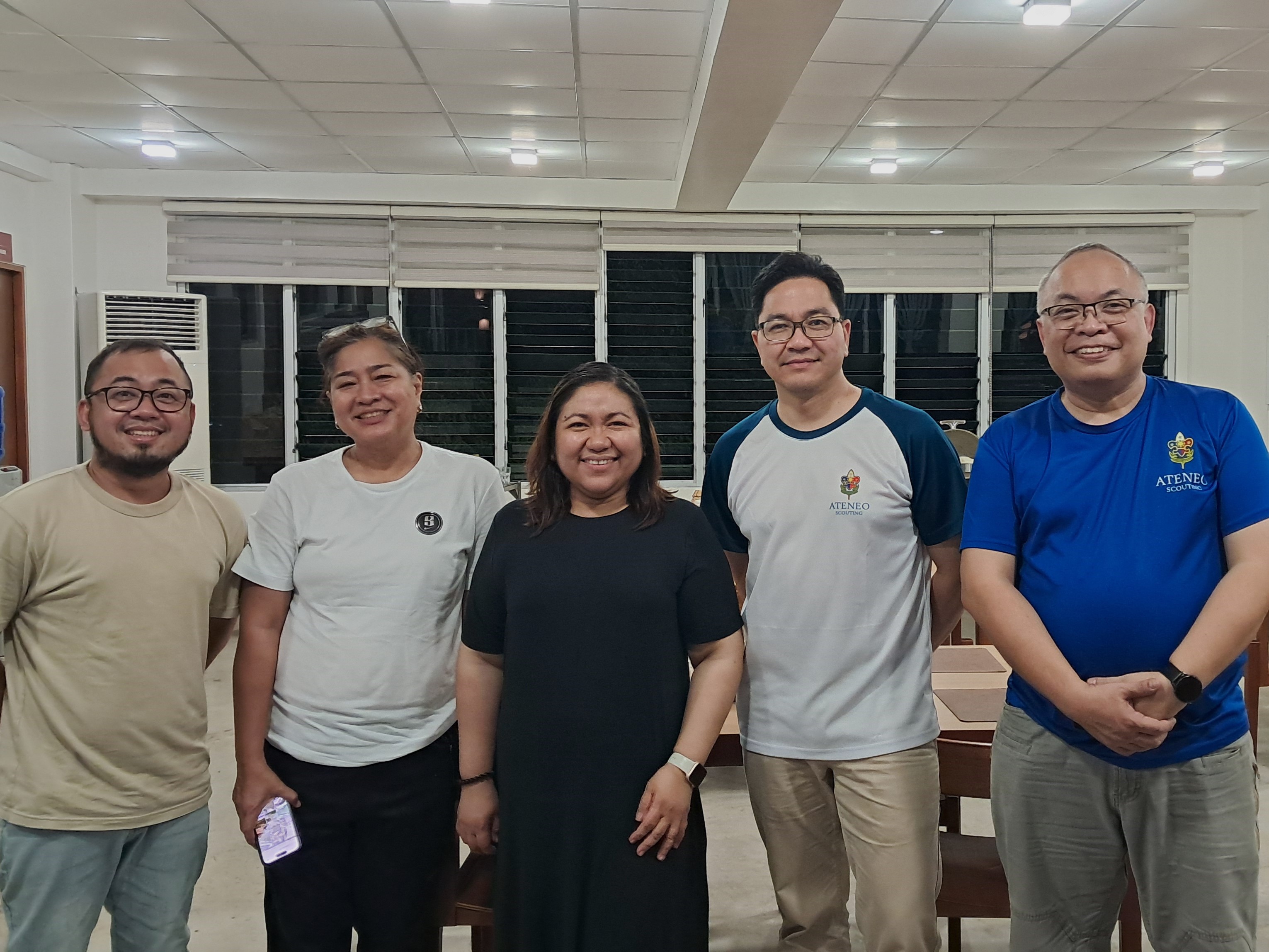
Held from 3 to 6 February 2025 in Banawa Hills, Cebu, the Ecosummit 2025 was an enriching experience where attendees shared and learned about the participating schools' best practices, protocols, and systems. As they implement these within their unique contexts, the schools stay true to their commitment and also concretely respond to Pope Francis' invitation to be ecological stewards, as stated in his encyclical letter Laudato si'. The summit also endeavored to reveal the commonalities and differences among the Jesuit schools’ environmental and sustainability practices. By gathering these inputs and applying them whenever possible, the schools fervently hope to become Laudato si’ universities very soon. (Ateneo de Manila aims to become a Laudato si' University by 2029.)
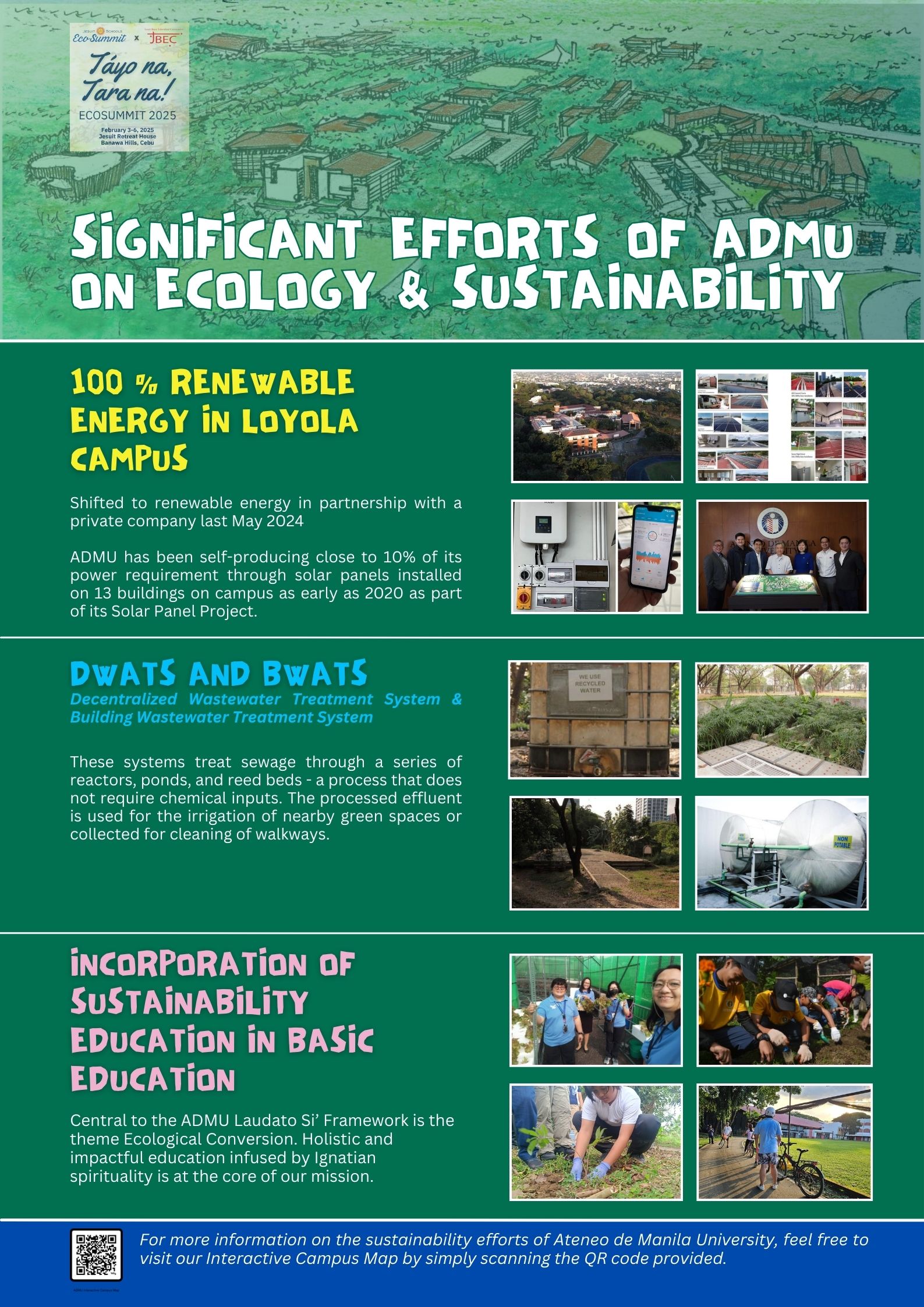
The summit was a nurturing experience for the participants. It became a source of inspiration and strength not only for those from the Jesuit schools but also for the entire delegation whose aim is to make a tangible impact on the future of our country and the world.
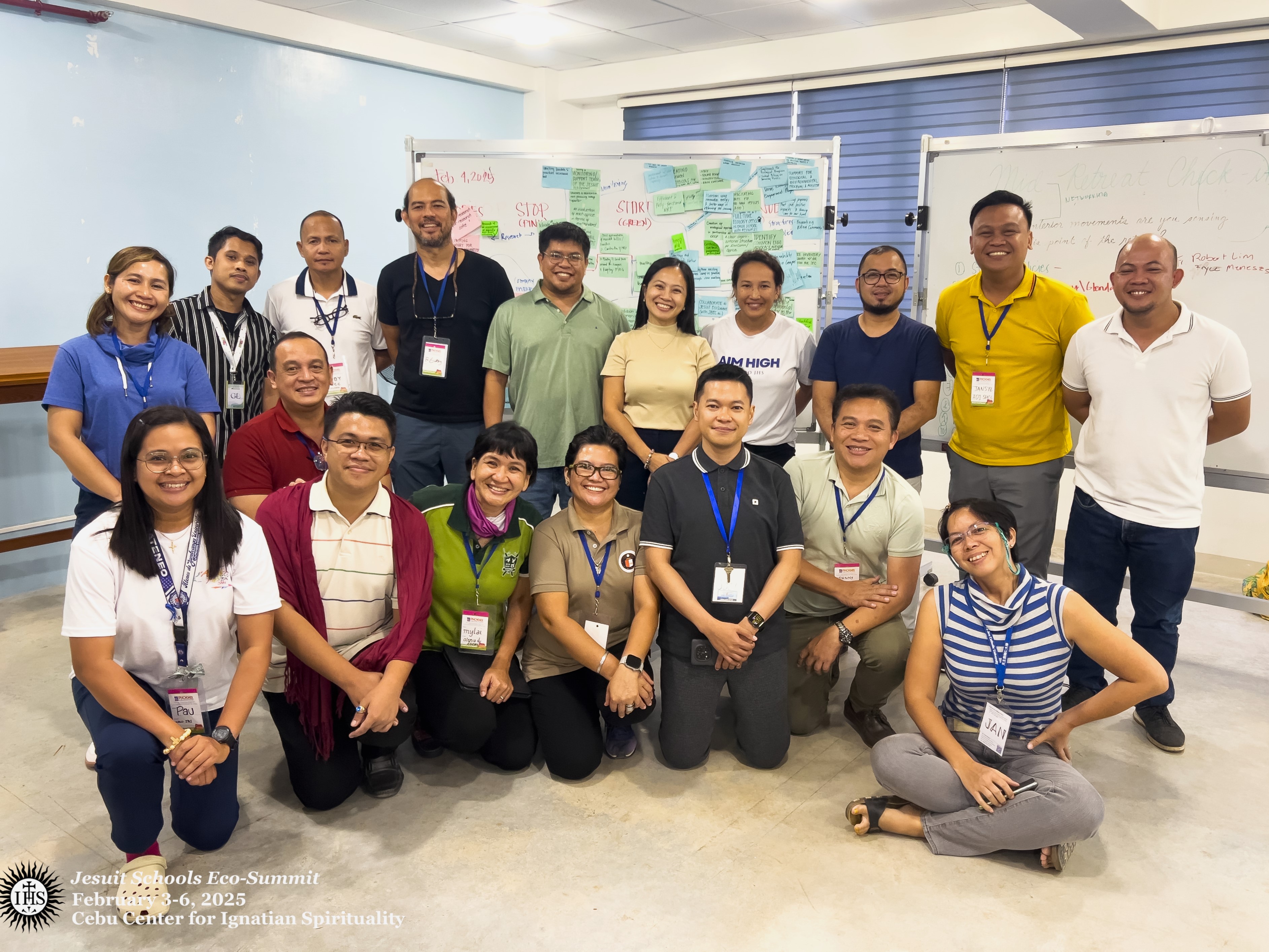
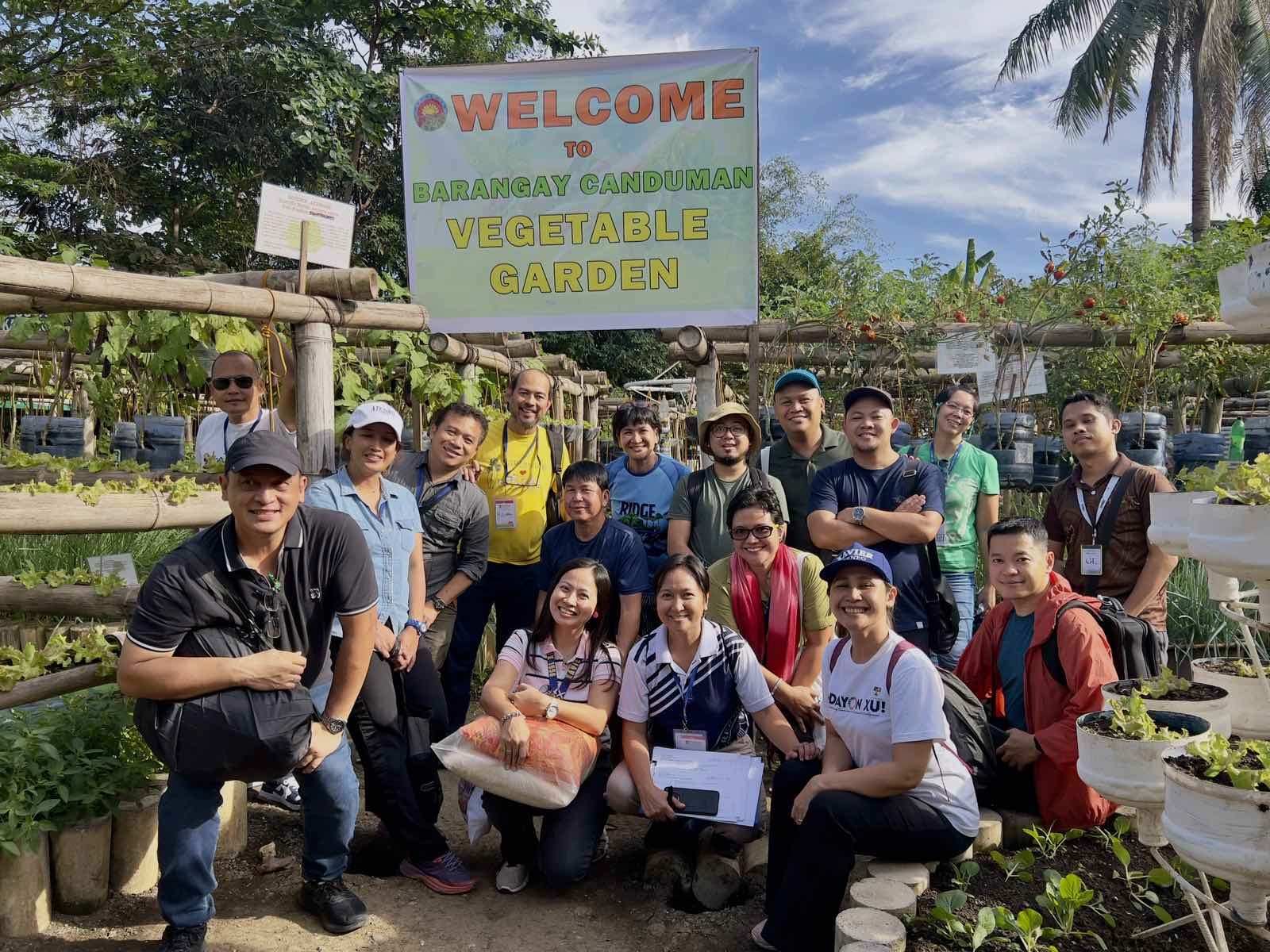
The summit’s impact was significantly enhanced by the presence of Jesuit Basic Education Commission (JBEC) members, who purposely conducted their bi-annual meeting in the same venue where the conference was held. This was in response to the previous year’s action plan, which acknowledged that the support of top school administrators is essential for plans to be realized.
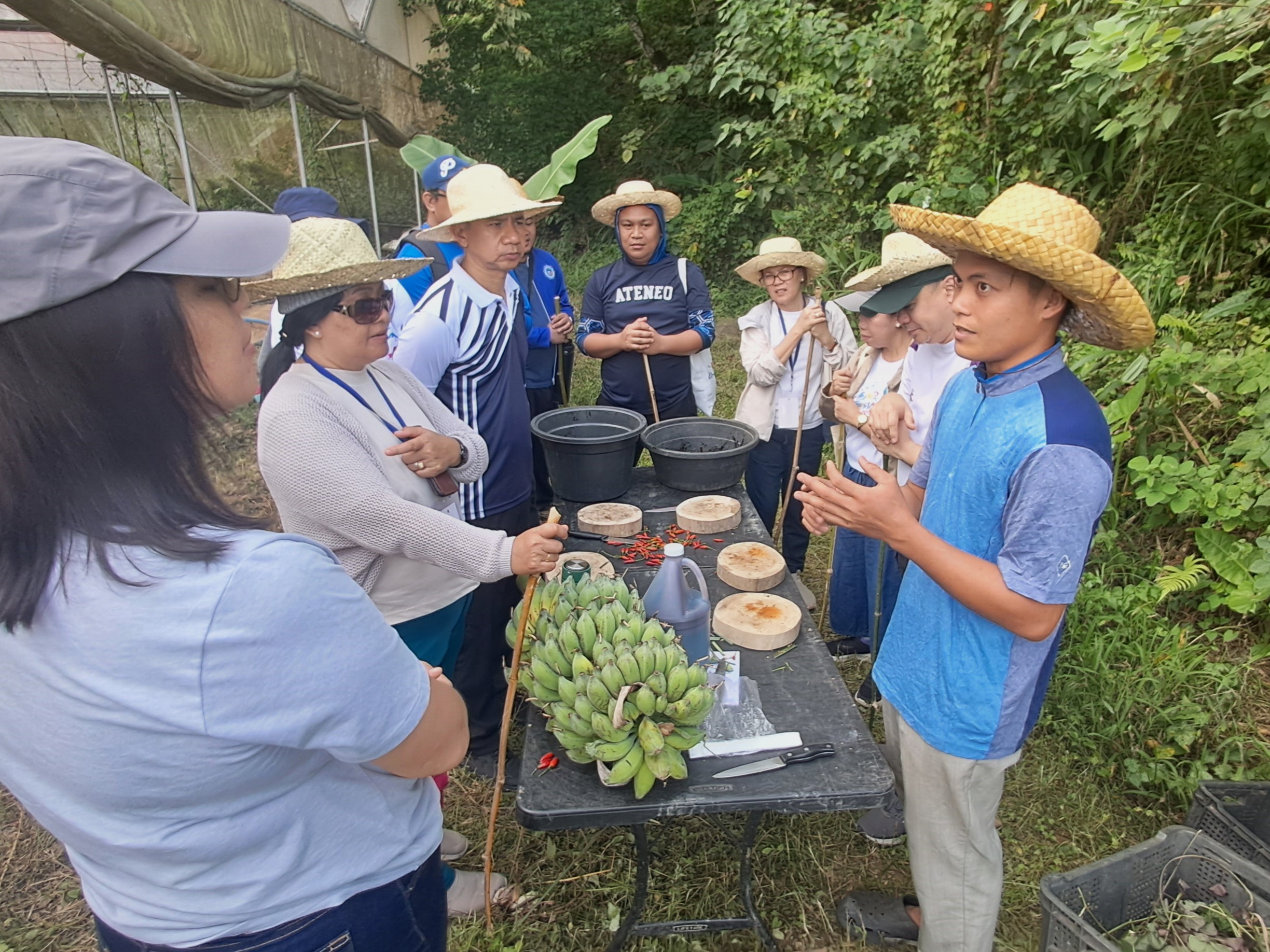
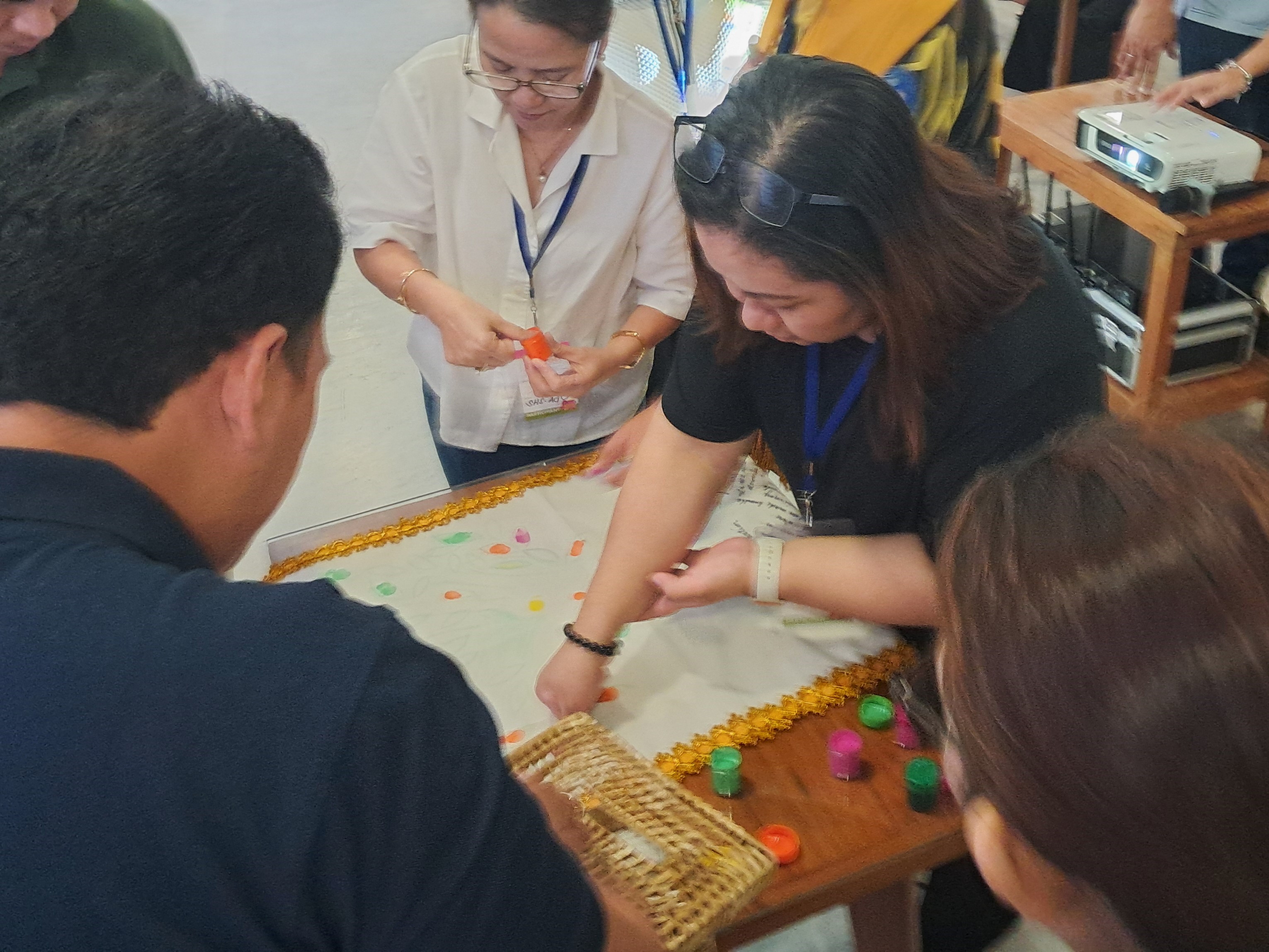
There were joint sessions and activities between the two groups that ended with a treaty of commitment that stipulates that they will work hand-in-hand to uphold the commitment to sustainability and integral ecology in their respective schools. This treaty also intensifies the synergy among Jesuit schools in the Philippines to care for the environment and preserve current resources to ensure that future generations flourish.
